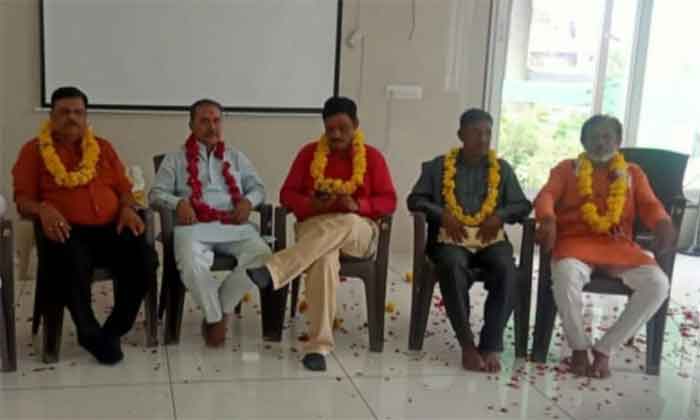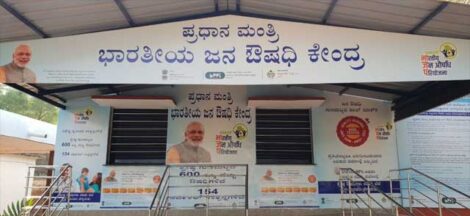The Supreme Court of India has firmly rejected a plea by the Gujarat government seeking a review of the acquittal of several individuals convicted in the high-profile Bilkis Bano case, which revolves around the brutal gang rape of a pregnant woman during the 2002 communal riots in Gujarat. This ruling reinforces the earlier decisions that highlighted serious lapses in the judicial process surrounding this case, reaffirming the need for accountability in instances of violence against women.
Bilkis Bano, who was 21 years old at the time of the incident, became a symbol of resilience and the fight for justice after she faced severe violence that claimed the lives of several family members. Her case has been emblematic of the broader struggle against gender-based violence in India, particularly within the context of communal strife. The Supreme Court’s decision serves as a significant milestone in the ongoing pursuit of justice for Bano and victims of similar crimes.
The Gujarat government’s application for a review was grounded in the claim that the verdict delivered by the Bombay High Court, which acquitted the convicts, had overlooked critical evidence. This evidence, they argued, could potentially alter the outcome of the original trial. However, the Supreme Court, led by Chief Justice D.Y. Chandrachud, dismissed these arguments, underscoring the importance of maintaining the integrity of the judicial process and the need for a comprehensive examination of all evidence presented.
In its judgment, the Supreme Court emphasized the duty of the state to protect its citizens, especially marginalized communities. The justices noted that the systemic failures and the perceived inadequacies in the investigative procedures could not be ignored. Furthermore, the court called for the Gujarat government to ensure adequate protection and justice for victims of communal violence, stressing that the state must take an active role in preventing such atrocities.
Legal experts have noted that this ruling has far-reaching implications for the justice system in India. It sends a strong message about the judiciary’s stance on violence against women and the necessity for thorough investigations in cases involving communal riots. The court’s decision could also inspire other victims to come forward, knowing that there is a judicial mechanism capable of supporting their claims against systemic injustices.
The Bano case has not only drawn attention within India but has also attracted international scrutiny. Human rights organizations have consistently highlighted the importance of justice in this case, using it as a touchstone for discussions on gender-based violence and the impunity that often accompanies such crimes in India. This latest ruling is seen as a beacon of hope for many, indicating a shift towards a more accountable and responsive judicial framework.
Amidst this backdrop, Bano has expressed her unwavering determination to continue her fight for justice, a sentiment that resonates with many survivors of violence who often feel neglected by the legal system. Activists have rallied around her cause, advocating for reforms that would ensure a more equitable treatment of victims and stricter punishments for perpetrators of gender-based violence.
The Supreme Court’s dismissal of the Gujarat government’s plea aligns with a growing trend in Indian jurisprudence, where there is an increasing emphasis on the rights of victims. The court’s focus on ensuring justice for Bano underscores a pivotal moment in Indian legal history, wherein the judiciary takes a proactive stance against gender-based discrimination and violence.
In parallel to the legal proceedings, societal reactions have been mixed. While many applauded the Supreme Court’s decision, there are factions that express concern over the implications it may have for political stability in Gujarat. Given the historical context of the 2002 riots, where tensions still linger, some fear that the ruling may reignite communal divisions. Nonetheless, advocates for justice maintain that prioritizing the rights of victims is paramount, irrespective of political consequences.
This ruling occurs against a backdrop of broader discussions regarding women’s rights and safety in India. The persistence of violence against women, often exacerbated during times of communal strife, has sparked nationwide protests and demands for legal reforms. Bano’s case has become a rallying cry for those advocating for stronger protections and policies to safeguard women’s rights in the country.
As discussions continue regarding the implications of this ruling, legal experts predict that it may encourage further scrutiny of similar cases involving communal violence and sexual assault. The Supreme Court’s reaffirmation of Bano’s plight may also catalyze legislative reforms aimed at addressing the shortcomings in the legal framework surrounding violence against women.




 Sunil Kumar Jakhar Resigns as Punjab BJP Leader Before Polls
Sunil Kumar Jakhar Resigns as Punjab BJP Leader Before Polls 